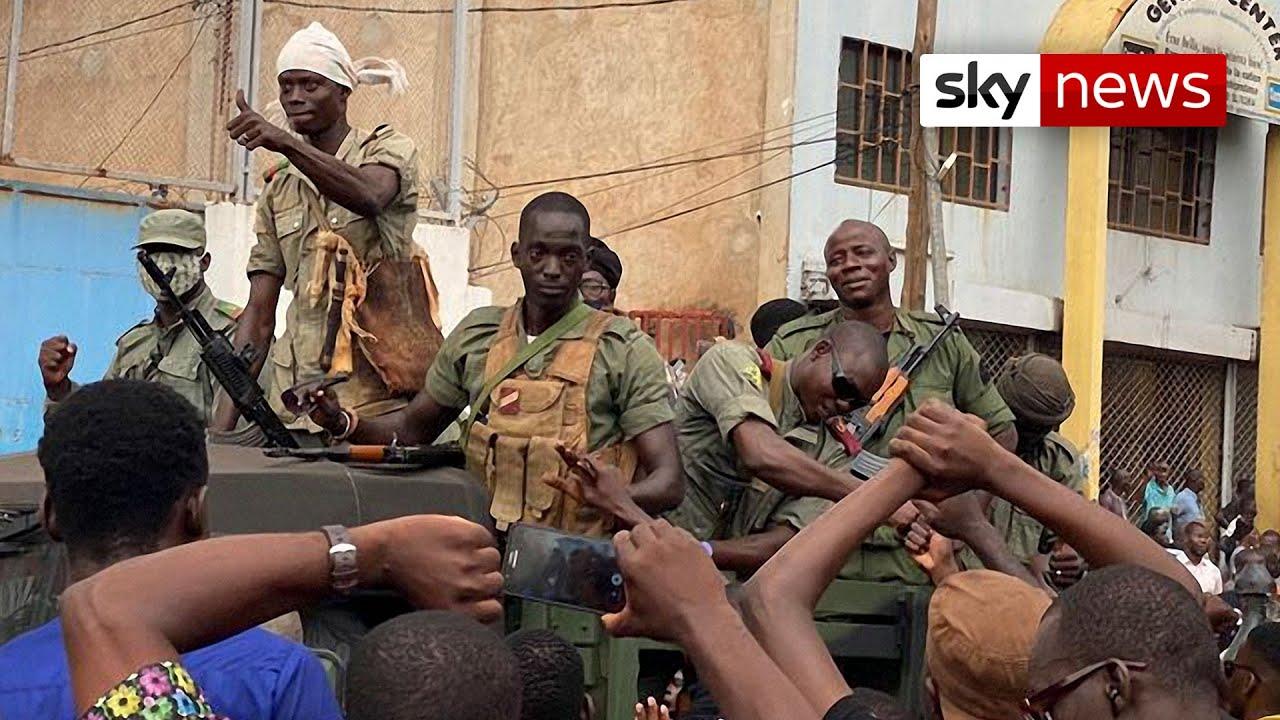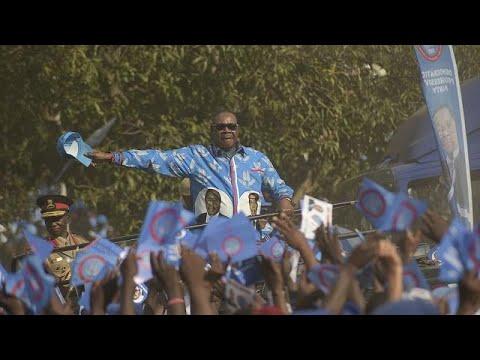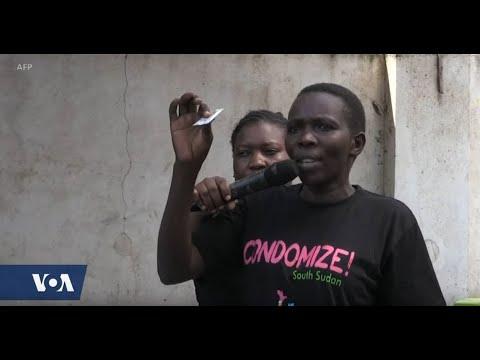Islamic militiamen have taken control of vast swathes of southern Somalia, leaving the transitional government isolated, surrounded and almost powerless in the town of Baidoa, 250 kilometres (155 miles) northwest of the capital, Mogadishu, and raising concerns in western capitals that Arab Jihadists are gaining a solid foothold in the anarchic nation yet again.
In an old grain warehouse, Prime Minister Ali Mohamed Gedi arrived to see the swearing in of the new governor for Baidoa, a small step toward claiming authority amidst the rudderless chaos, but the reality that is that these officials have little or no power compared to an Islamic militia led by a longtime, bitter rival of President Abdullahi Yusuf Ahmed, Sheik Hassan Dahir Aweys.
Until recently, the transitional government's biggest problem was money, but far more pressing now is the meteoric rise of the Supreme Islamic Courts Council, which has begun setting up local administrations across most of the country and has vowed to bring Quranic rule to Somalia.
The Islamic Courts alleged close relationship with al-Qaida elements, or Jihadists, has come under particular scrutiny.
The Prime Minister accused foreign al-Qaida militants of being behind the Islamic Courts, which have increasingly isolated his government.
"We are informed that foreign militants are in Somalia, siding with all those who are not loyal to the people of Somalia," Gedi said.
AP Television News obtained a recruitment video earlier this week that purportedly showed Arab fighters alongside Somali Islamic militiamen and encouraged more Arab Jihadists to join the fighters loyal to the Islamic courts.
Talks between the transitional government and the Islamic courts have been scheduled to begin in Khartoum, Sudan on July 15.
In an old grain warehouse, Prime Minister Ali Mohamed Gedi arrived to see the swearing in of the new governor for Baidoa, a small step toward claiming authority amidst the rudderless chaos, but the reality that is that these officials have little or no power compared to an Islamic militia led by a longtime, bitter rival of President Abdullahi Yusuf Ahmed, Sheik Hassan Dahir Aweys.
Until recently, the transitional government's biggest problem was money, but far more pressing now is the meteoric rise of the Supreme Islamic Courts Council, which has begun setting up local administrations across most of the country and has vowed to bring Quranic rule to Somalia.
The Islamic Courts alleged close relationship with al-Qaida elements, or Jihadists, has come under particular scrutiny.
The Prime Minister accused foreign al-Qaida militants of being behind the Islamic Courts, which have increasingly isolated his government.
"We are informed that foreign militants are in Somalia, siding with all those who are not loyal to the people of Somalia," Gedi said.
AP Television News obtained a recruitment video earlier this week that purportedly showed Arab fighters alongside Somali Islamic militiamen and encouraged more Arab Jihadists to join the fighters loyal to the Islamic courts.
Talks between the transitional government and the Islamic courts have been scheduled to begin in Khartoum, Sudan on July 15.
- Category
- Somalia
Be the first to comment









